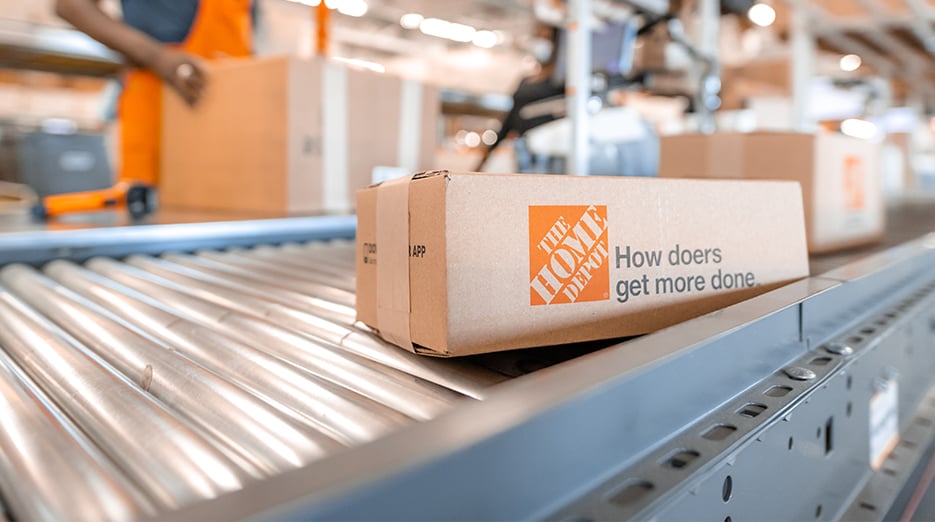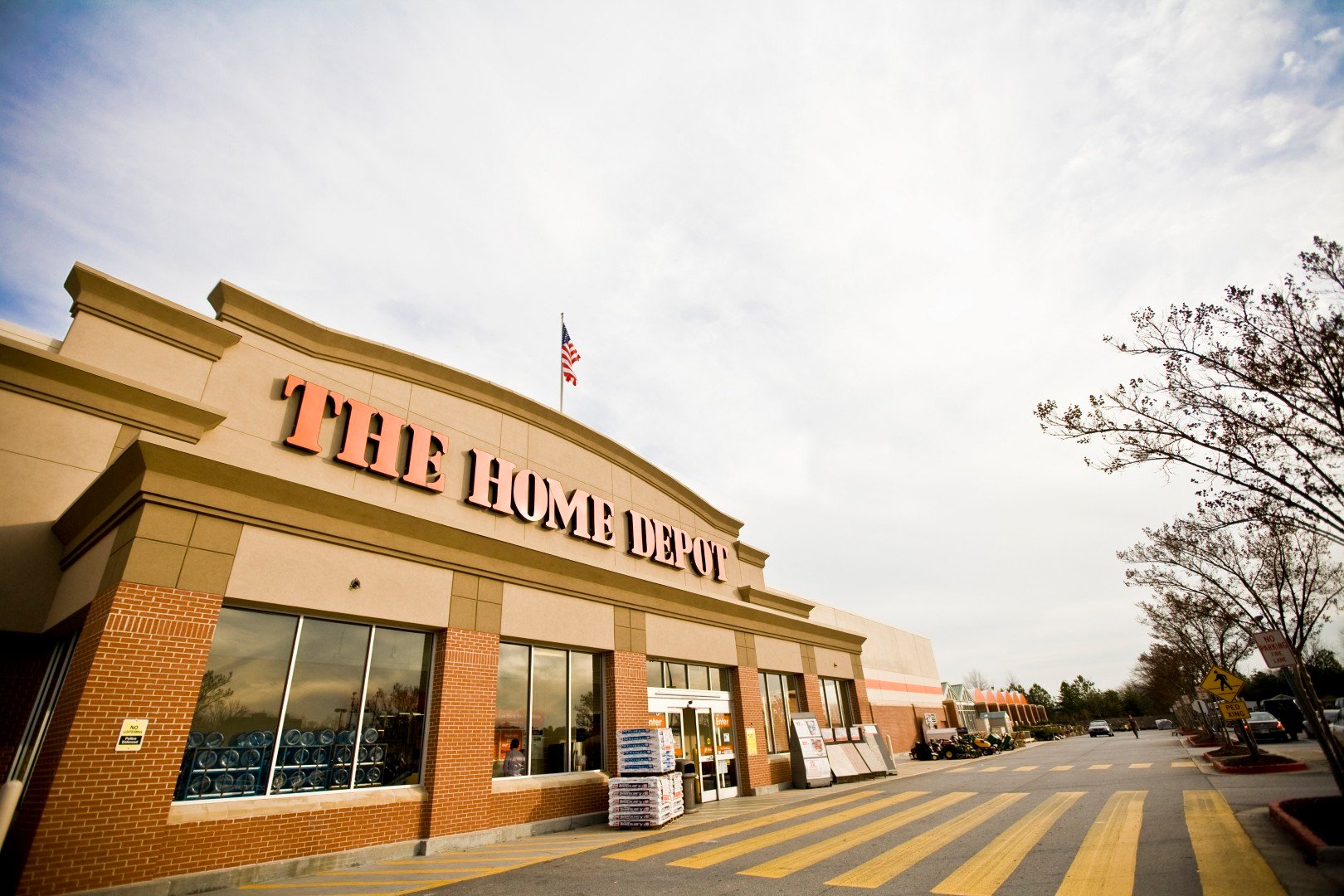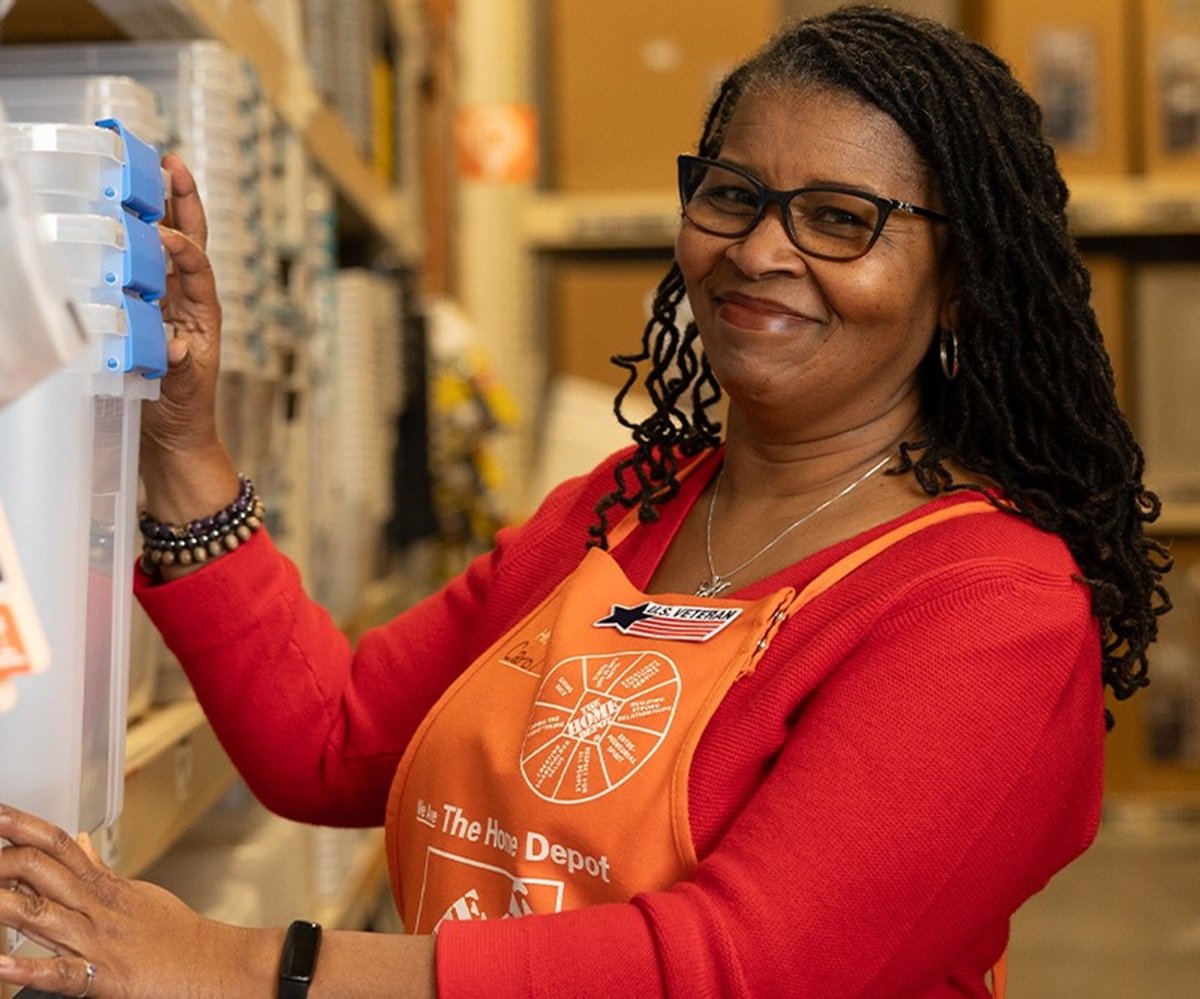
Image source: Getty Images.
Home Depot (HD +1.26%) has a track record of trouncing the competition. In the latest fiscal year, it beat the growth pace of rival Lowe's (LOW +1.24%) by 2 full percentage points.
That gap, combined with stellar financial management, has produced incredible returns to investors over the years: The retailer now delivers more cash directly to shareholders in dividends than it generated in net earnings just four years ago.
Market-share gains help Home Depot soak up more than its fair share of profits. However, the business is more dependent on general growth in the home improvement industry. For that, investors need to keep an eye on an economic figure called private fixed residential investment, or PFRI.
Hits and misses
The term describes the size of the housing market since it includes spending by individuals on real estate assets. PFRI hit a peak just before the industry collapsed beginning in 2007. Before the decline, people were spending $900 billion per year on renovations and home improvements. That number plummeted to below $400 billion for most of 2009, 2010, and 2011, and has since nearly doubled to a $700 billion annual pace.
You don't have to squint to see the impact those swings had on Home Depot's operating results. During the recession, the company's earnings, profitability, and return on invested capital all declined by 40% or more in the four years following the market peak. The orange-logoed retailer had to suspend its dividend increases for most of that period, too, which is why Lowe's is the only home improvement giant that can claim an unbroken streak of at least 25 years of consecutive annual raises.
The recovery years that followed have been much kinder to investors. Home Depot's net income doubled since 2011 as the sales base spiked to $90 billion from $72 billion. The company's outperformance against rivals shows up in several operating figures, but the clearest one is profitability: Net profit margin has more than doubled to 8% of sales -- compared with Lowe's 4.5%.
What's ahead
Home Depot executives have good reasons to be bullish on PFRI growth over the next few years. The indicator is still far below its past $900 billion annual peak, for example.

PFRI has improved to a $700 billion annual pace, but is still below the 2006 peak of $900 billion. Image source: Federal Reserve Economic Data.
As a result, home improvement spending is running at a historically low percentage of GDP. It passed 6% leading up to the top of the housing market but is currently below 4%, while the average is closer to 4.5%.
Further home-price gains will be helpful to keeping the industry in growth mode, but there are also two big structural factors that imply healthy expansion ahead. First, household formation rates ran well below average for eight years -- from 2007 through 2014. That leaves plenty of room for above-average expansion in the coming years. Second, houses are getting older: Nearly half of the housing stock in the country is at least 40 years old, up from 35% in 2005.
These factors all go into Home Depot's projection for market-beating sales and profit growth. Management's long-term target calls for revenue to pass a $100 billion annual pace by 2018 while operating margin rises to 15% and return on invested capital improves to a record 35%. All of these figures are likely to leave peers far behind, but none of them would be possible without steady increases in the size of the home improvement industry.







